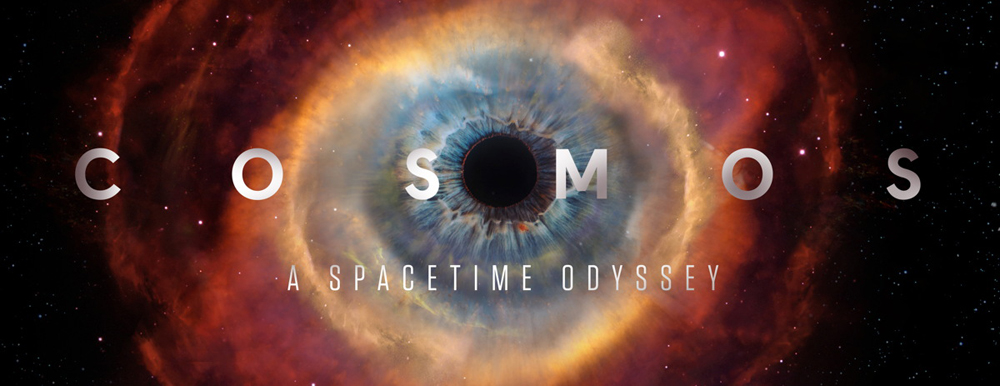'Cosmos' Tackles Life and Death in Sunday's Episode

The next episode of "Cosmos: A Spacetime Odyssey" airs Sunday (May 18), and it promises to delve into big questions about death and immortality.
"Life itself sends its own messages across billions of years," an episode description from National Geographic reads. "It is written within us, in our DNA. But will we survive the damage caused by our global civilization?"
The new 13-part series, hosted by astrophysicist Neil deGrasse Tyson, is a reboot of Carl Sagan's classic show, "Cosmos: A Personal Voyage," which first aired on PBS in 1980. Sagan's series was set against the backdrop of the Cold War. In his trademark turtlenecks, the late astronomer often mused on the future of humanity and the threat of nuclear fallout.
In an interview with Space.com earlier this year, Tyson said today's political and social climates are different than the ones Sagan dealt with, but many of the prevailing concerns about our fate remain the same: "What is our effect on the environment? Will we be good shepherds of this Earth as we go forward? Do we know enough to be good shepherds of this Earth? Do we understand the risk of asteroids that could render us extinct? These are broad questions, and 'Cosmos' takes some element of science and shows you why it is way more relevant to your life than you ever previously imagined."
In the typical time-hopping fashion of "Cosmos," the eleventh episode, titled "The Immortals," will take viewers from ancient Mesopotamia — where the "Epic of Gilgamesh," a tale about a quest for immortality, was written more than 3,000 years ago — to outer space to explore the possibility of interstellar travel and alien encounters.
"Cosmos: A Spacetime Odyssey" airs Sunday at 9 p.m. ET/PT on Fox. It will be rebroadcast with extra material on the National Geographic Channel on Monday (May 19) at 10 p.m. ET/PT. Check local listings.
Follow Megan Gannon on Twitter and Google+. Follow us @SPACEdotcom, Facebook or Google+. Originally published on Space.com.
Sign up for the Live Science daily newsletter now
Get the world’s most fascinating discoveries delivered straight to your inbox.











